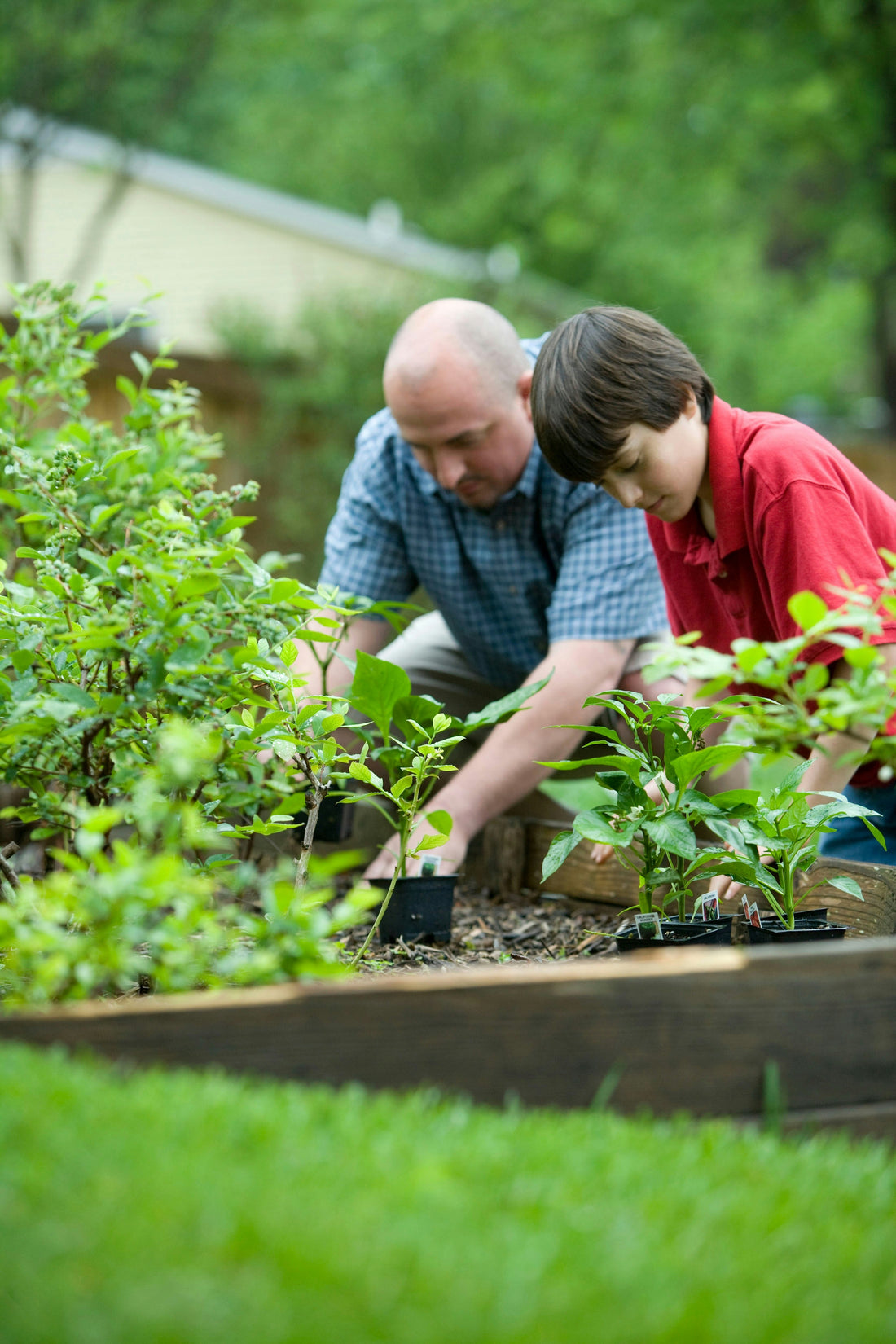
The Benefits of Growing Plants at Home
Share
Growing plants at home is more than just a trend; it is a rewarding habit that brings a wide range of benefits. Whether you have a sprawling garden or just a few potted plants on your windowsill, incorporating greenery into your living space can positively impact your health, mood, and environment. From improving air quality to enhancing mental well-being, here are some of the most significant benefits of growing plants at home.
1. Improved Air Quality
One of the most well-known benefits of indoor plants is their ability to purify the air. Plants absorb carbon dioxide and release oxygen through the process of photosynthesis. Some houseplants, such as peace lilies, snake plants, and spider plants, can also filter out toxins like formaldehyde, benzene, and ammonia, making the indoor environment healthier to breathe in.
2. Enhanced Mental Well-Being
Numerous studies suggest that plants can significantly boost mental health. Simply being around plants can reduce stress, anxiety, and depression. Tending to plants creates a sense of responsibility and accomplishment, which helps improve mood and self-esteem. In addition, greenery has a calming effect, promoting relaxation and mindfulness.
3. Increased Productivity and Focus
Adding plants to your home office or workspace can help increase concentration and productivity. Research has shown that having plants in a work environment boosts cognitive function and enhances problem-solving abilities. The presence of greenery reduces mental fatigue and encourages a more positive work atmosphere.
4. Better Humidity and Temperature Control
Plants naturally increase humidity by releasing moisture into the air through transpiration. This is particularly helpful in dry indoor environments where air conditioners or heaters reduce moisture levels. Higher humidity can prevent skin dryness, ease respiratory problems, and reduce the risk of colds and sore throats.
5. A Natural Stress Reliever
Gardening and caring for plants can serve as a form of therapy. Engaging with nature, even on a small scale, has been linked to lower cortisol levels, the hormone responsible for stress. Watering, pruning, and watching plants grow can be deeply fulfilling and act as a mindful activity that fosters emotional well-being.
6. Encourages a Healthier Diet
Growing edible plants at home, such as herbs, fruits, and vegetables, encourages healthier eating habits. Fresh, homegrown produce is free from harmful pesticides and chemicals, ensuring better nutrition. Herbs like basil, mint, and rosemary not only enhance the flavor of dishes but also provide medicinal benefits.
7. Boosts Creativity
Surrounding yourself with plants can inspire creativity and innovation. Studies suggest that exposure to nature helps stimulate new ideas and enhances problem-solving skills. Artists, writers, and designers often find inspiration in nature’s colors, patterns, and textures.
8. Reduces Noise Levels
Plants can act as natural sound absorbers, reducing background noise in homes or apartments. Large leafy plants like rubber plants and monstera can help absorb sound waves, making spaces quieter and more serene.
9. Enhances Home Aesthetics
A well-placed plant can completely transform a space, adding beauty and elegance. Whether you prefer minimalist succulents or lush, trailing vines, plants serve as stylish decor elements that bring warmth and vibrancy to any room.
10. Improves Sleep Quality
Certain plants, like lavender, jasmine, and aloe vera, have calming properties that can promote better sleep. Some release oxygen at night, creating a fresher sleeping environment, which can lead to deeper and more restful sleep cycles.
11. Supports Sustainability
Growing plants at home contributes to a more sustainable lifestyle. Having your own herb garden reduces dependency on store-bought produce, cutting down on plastic packaging and food waste. Additionally, growing pollinator-friendly plants supports local ecosystems and helps bees and butterflies thrive.
12. Provides a Learning Experience for Kids
For families, growing plants at home serves as an educational activity for children. It teaches them responsibility, patience, and the importance of caring for the environment. Kids who grow their own vegetables are also more likely to develop healthy eating habits.
Conclusion
The benefits of growing plants at home go far beyond aesthetics. From improving air quality and mental health to promoting sustainability and creativity, plants play an essential role in enhancing daily life. Whether you’re a seasoned gardener or just starting with a few houseplants, bringing nature indoors is a simple yet impactful way to improve your home and well-being.
Start small with low-maintenance plants like snake plants or pothos, and gradually expand your green space. Before you know it, you’ll be enjoying the countless rewards of indoor gardening!
